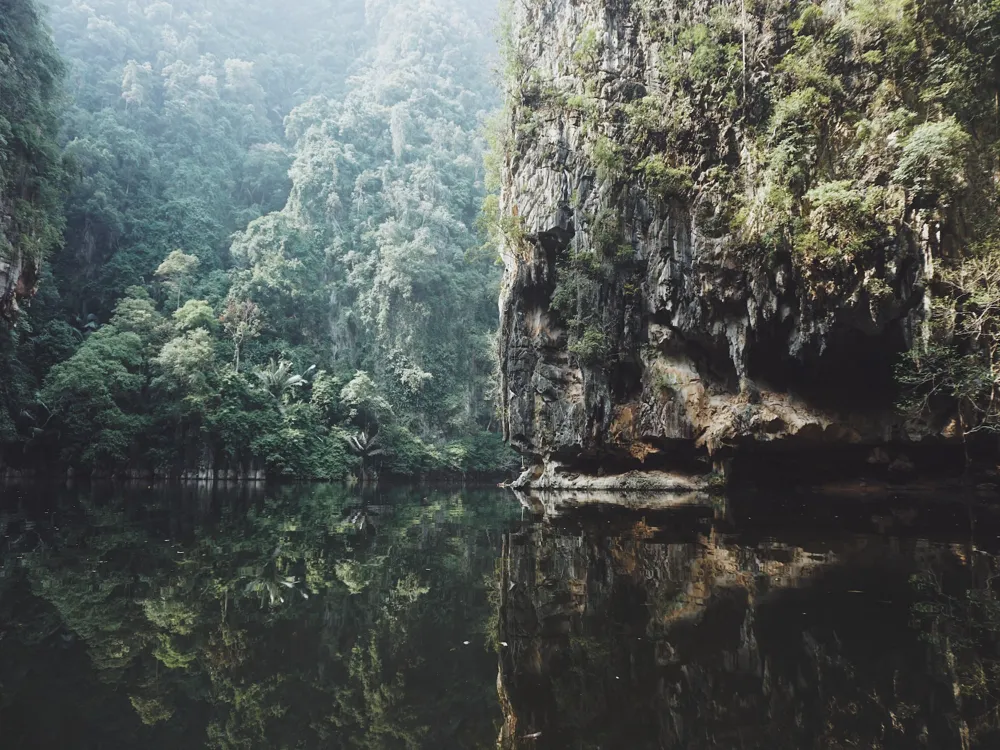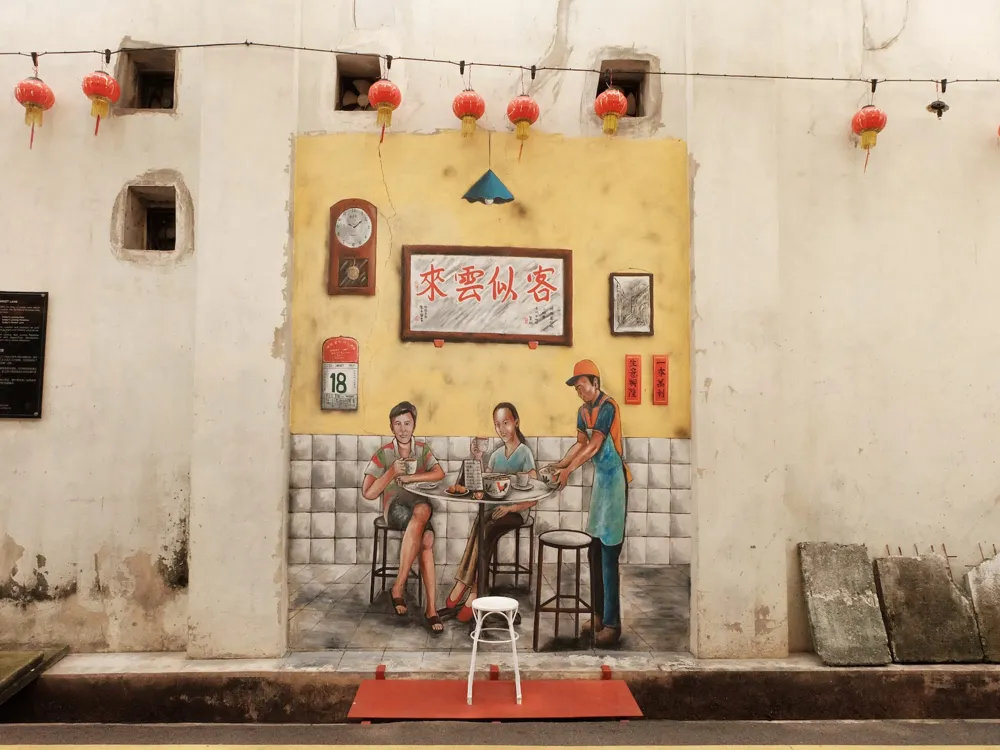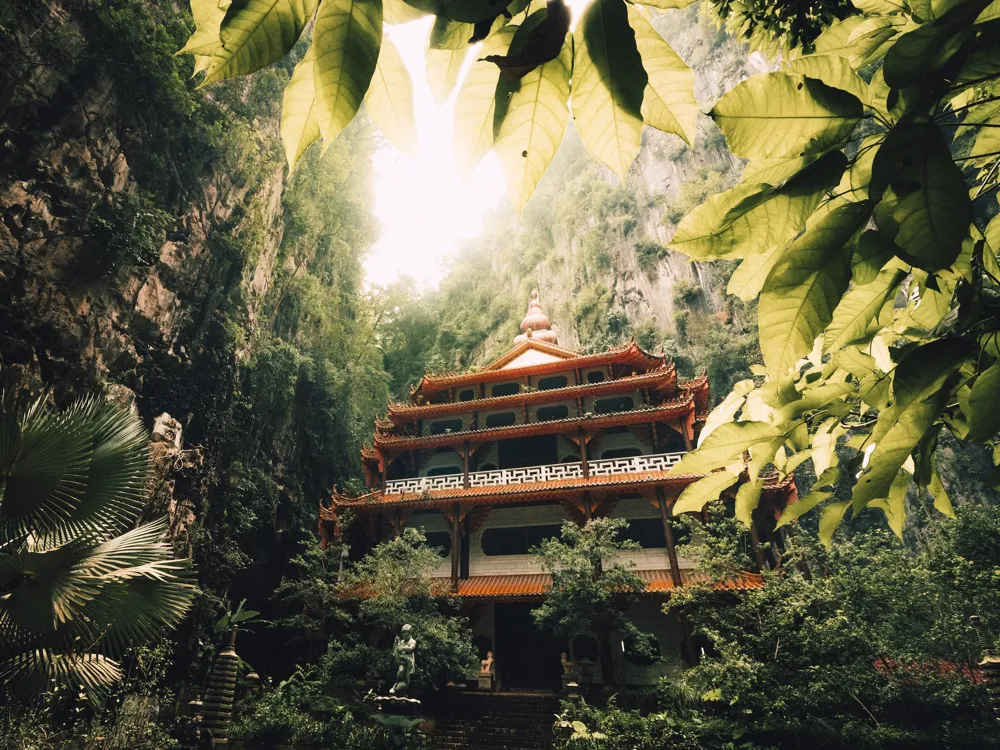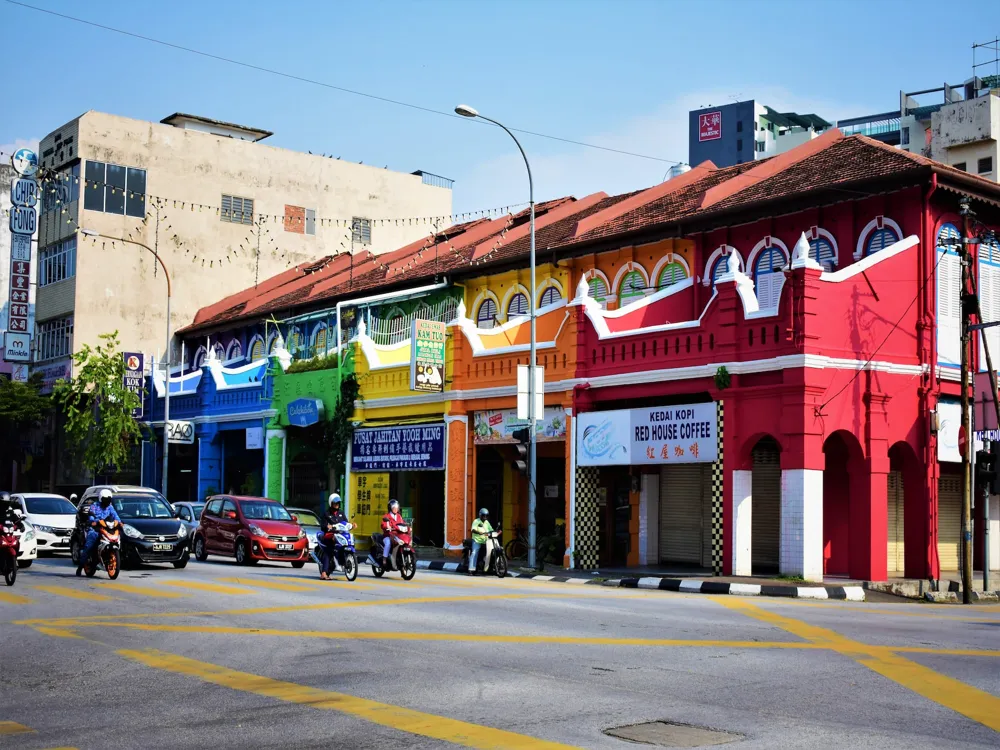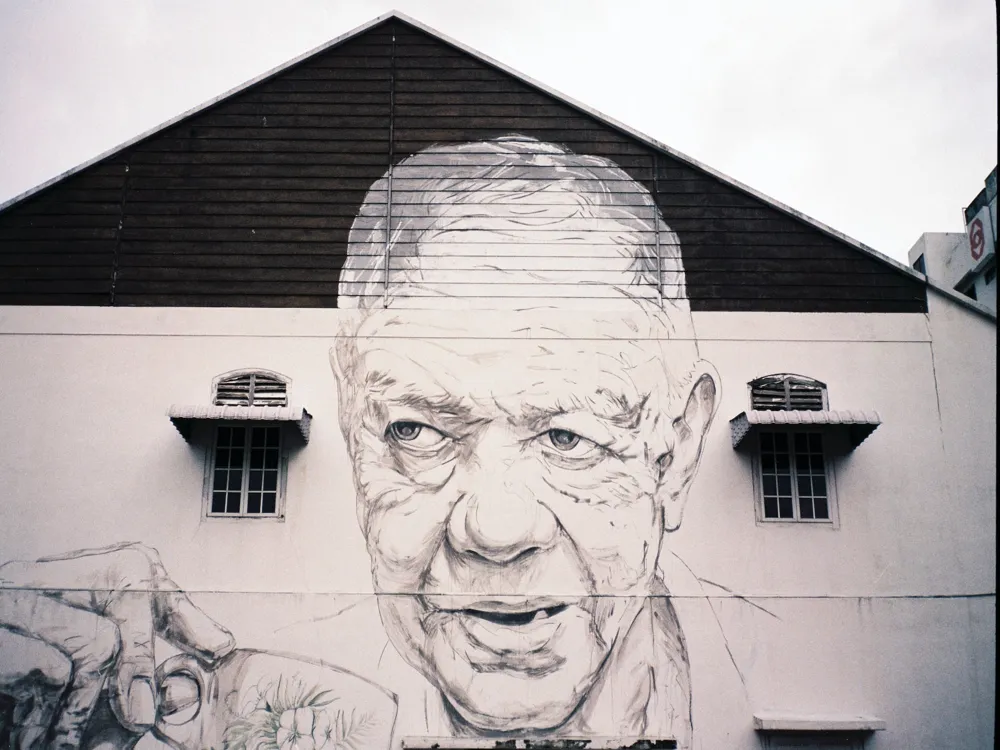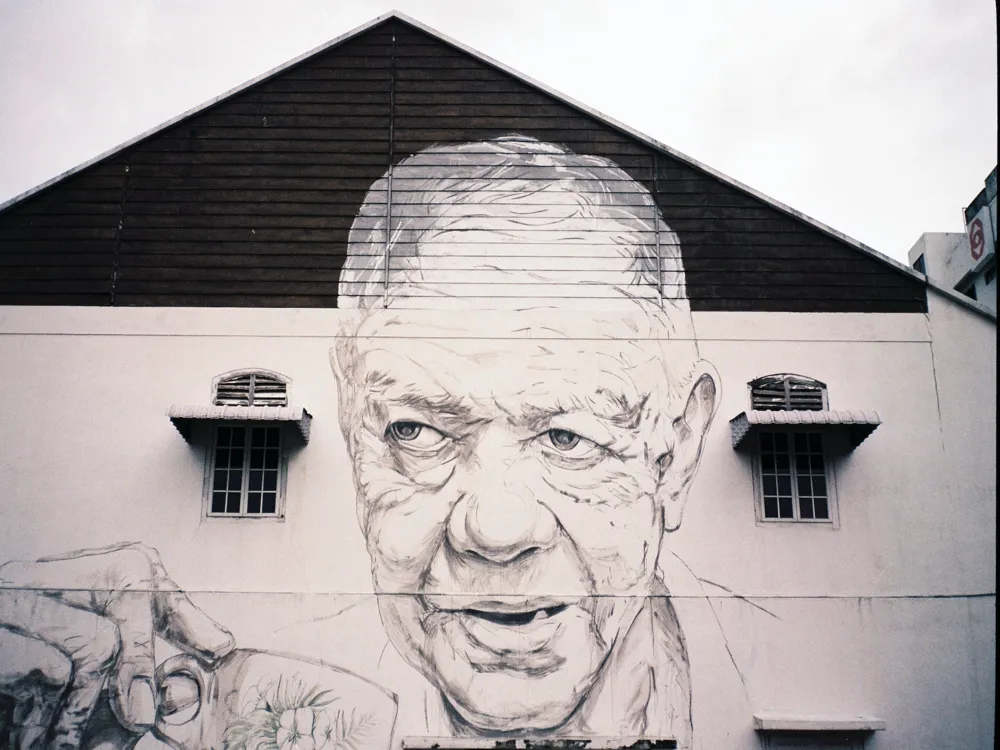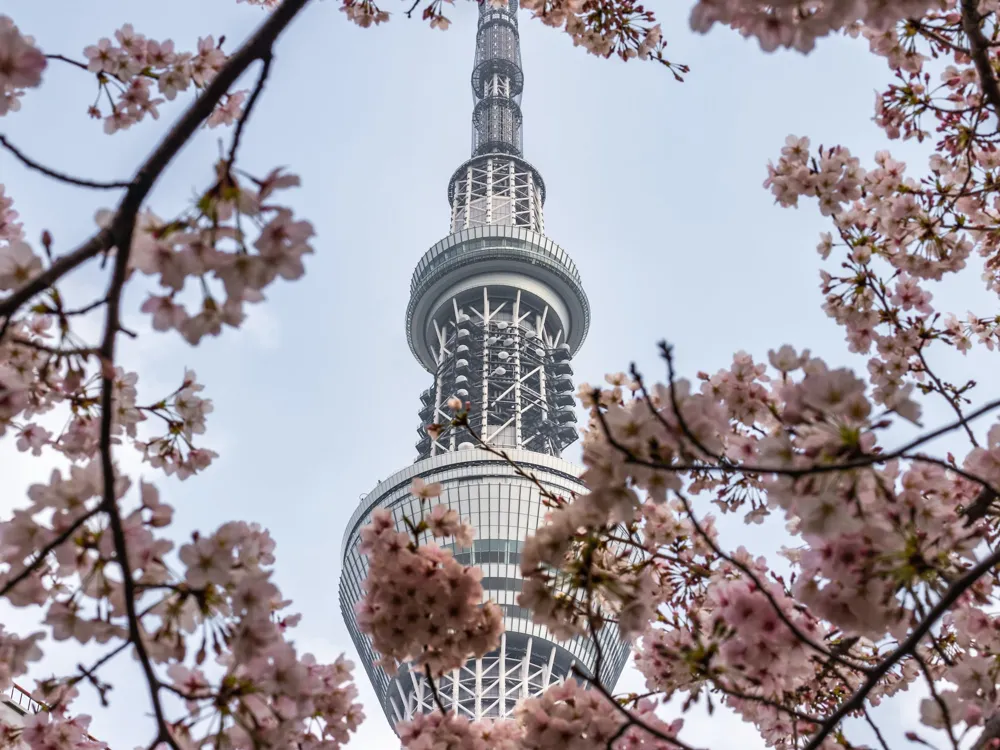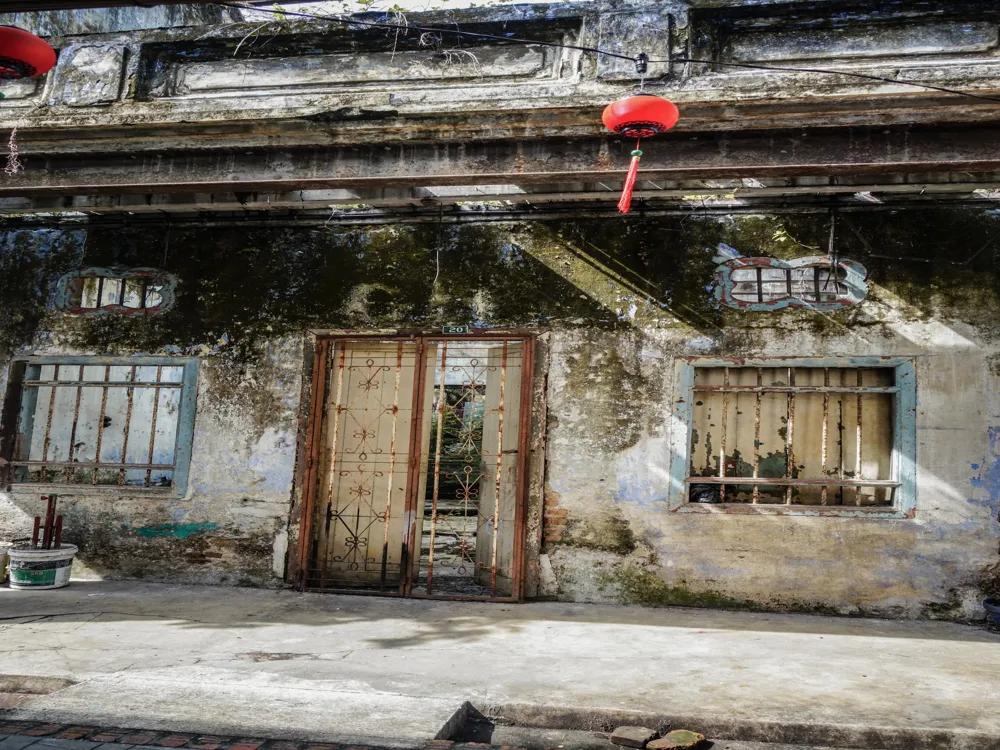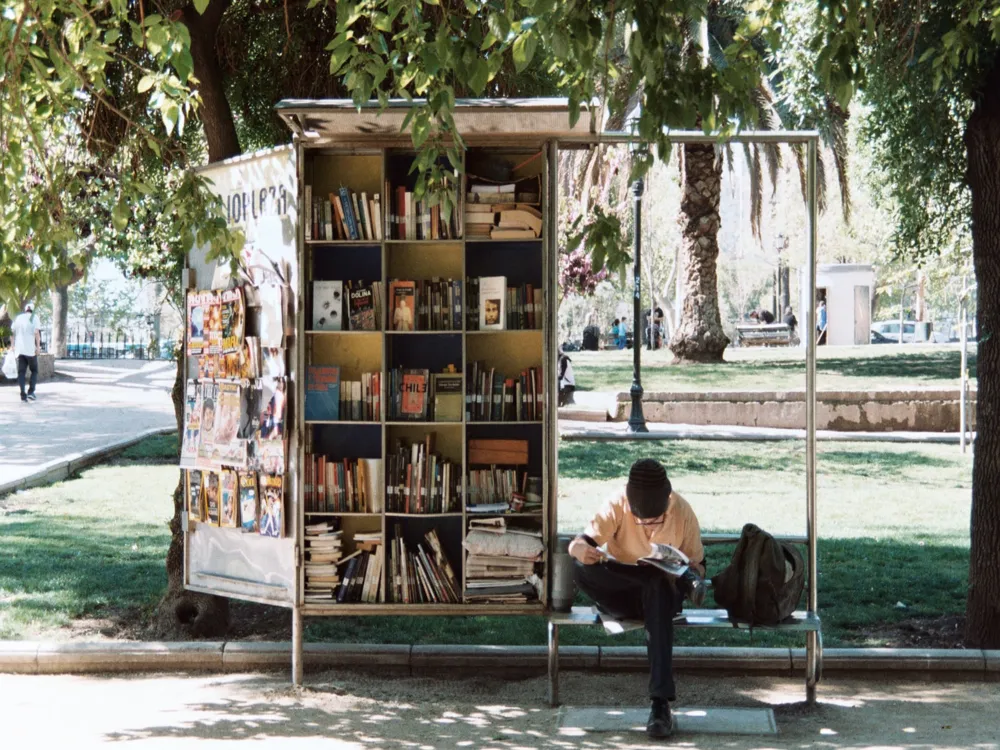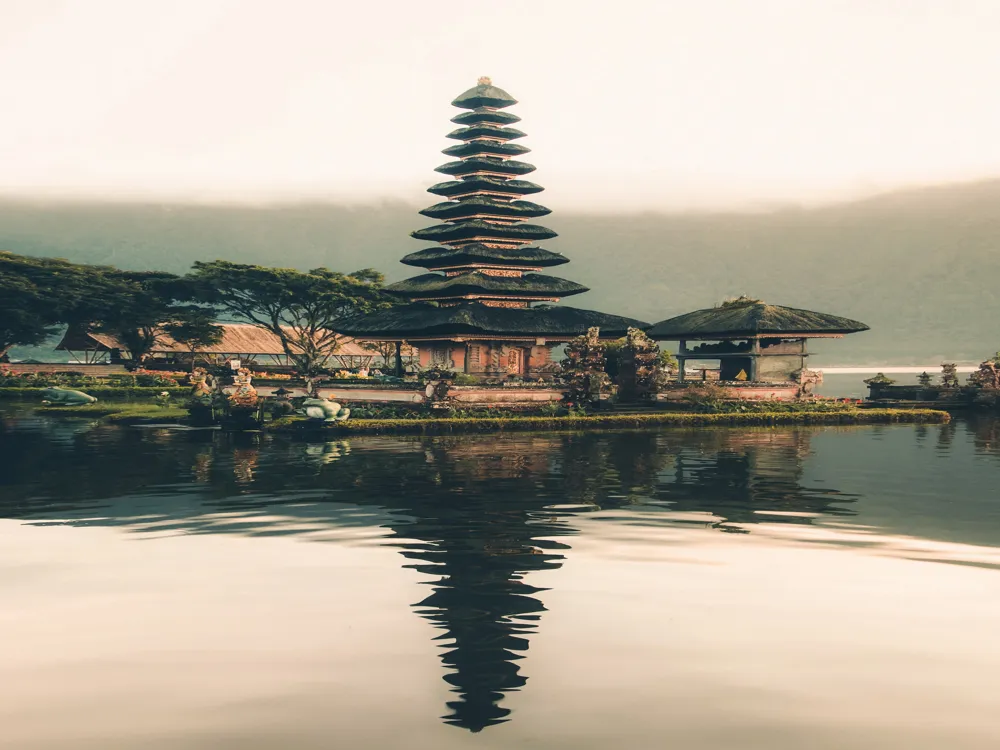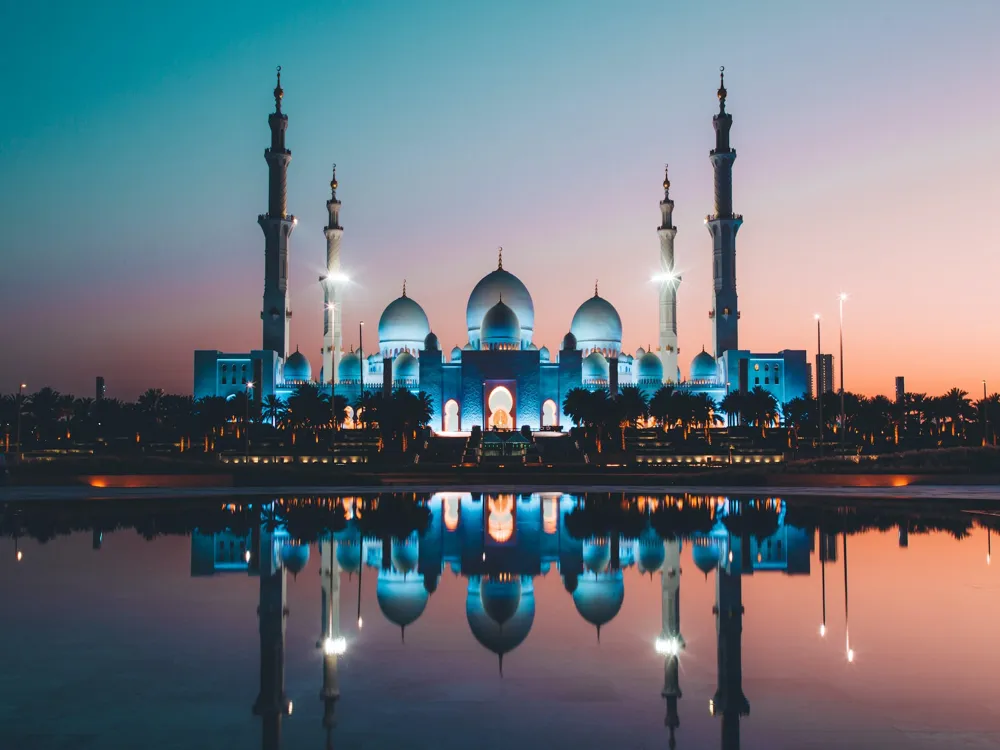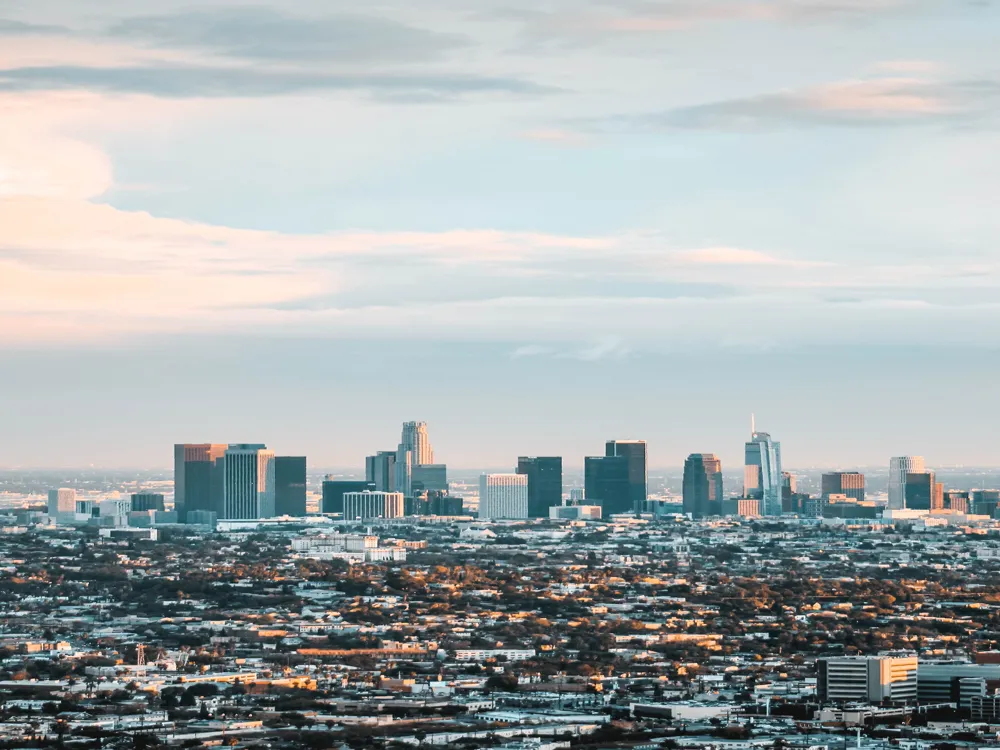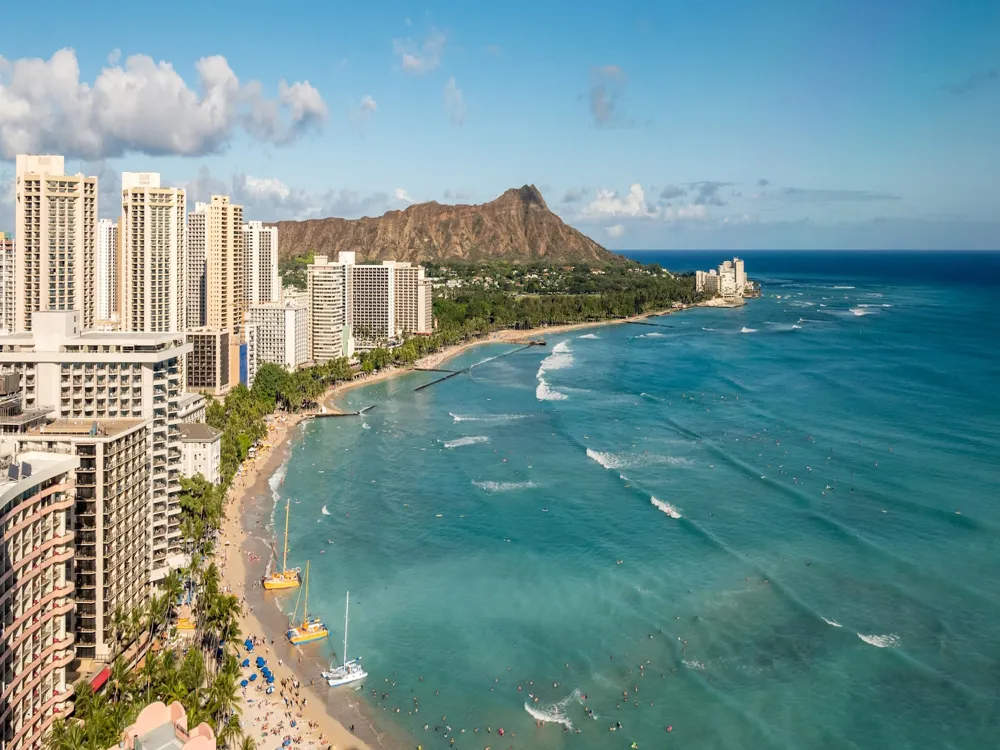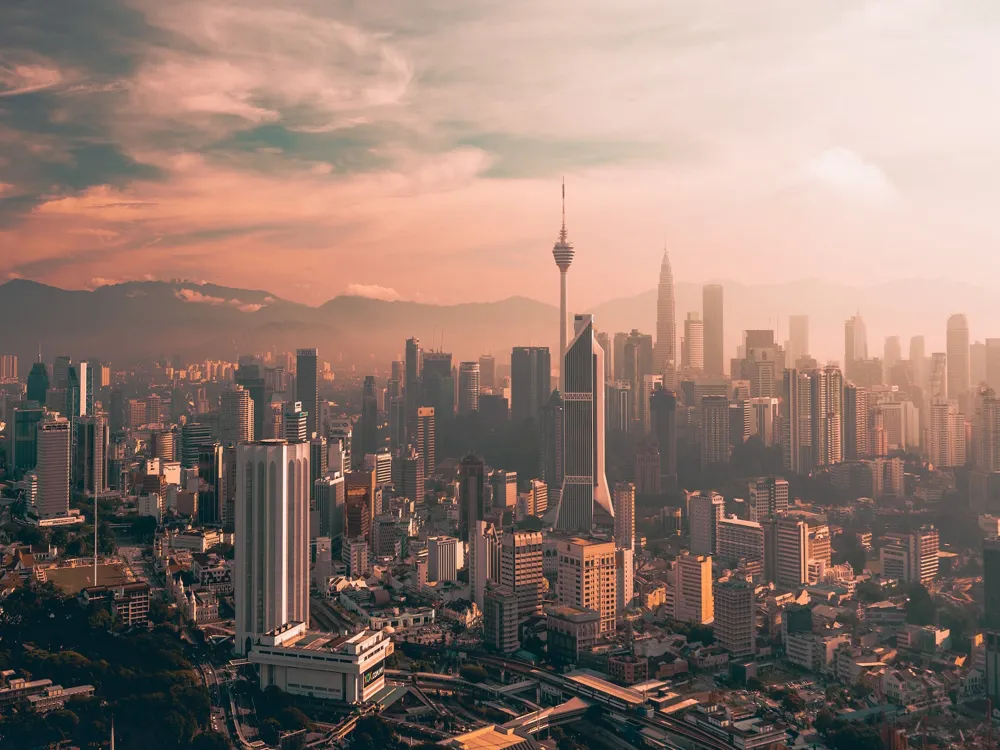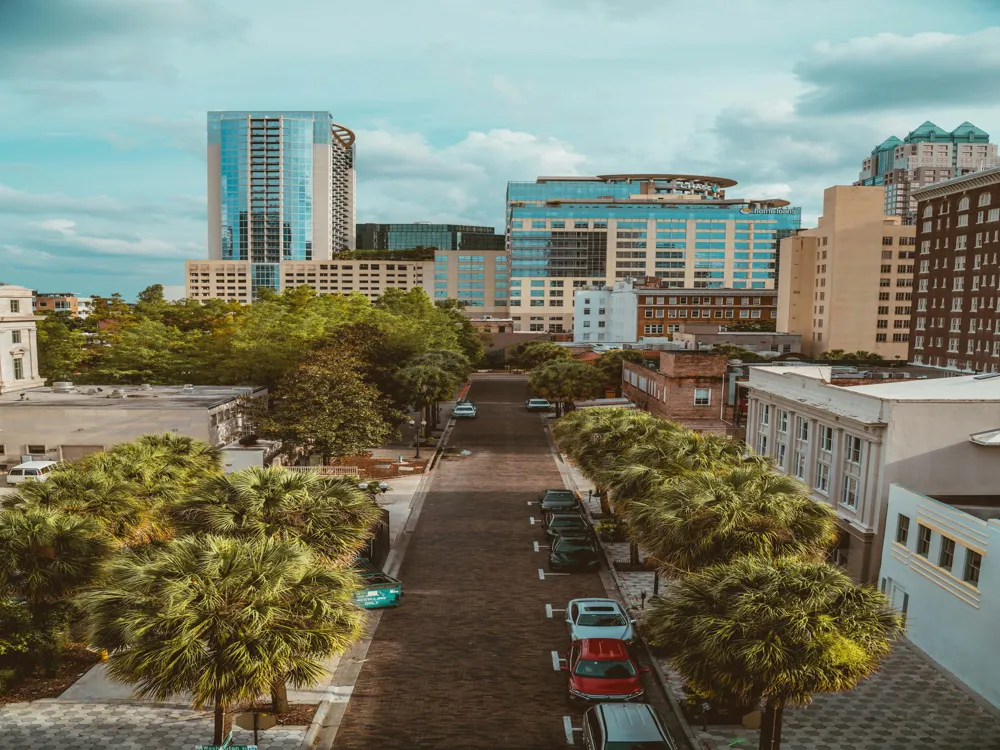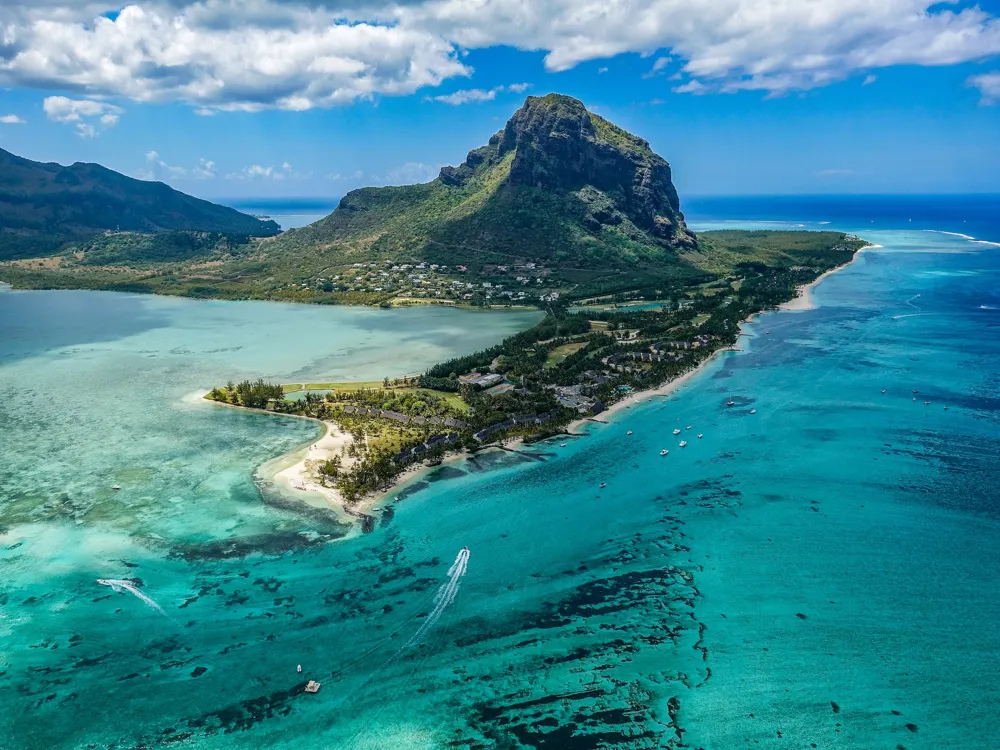Best Time to Visit Ipoh
Perak Malaysia
7 out of 48 Places to visit in MalaysiaNaN onwards View Packages
Get Customized PackagesThe Land of Diversity
Top Hotel Collections

Private Pool

Luxury Hotels

5-Star Hotels

Pet Friendly
What is the Best Time to Visit Ipoh?
Ipoh, a hidden gem in Malaysia, boasts a rich cultural heritage, delectable cuisine, and stunning landscapes. To make the most of your visit, understanding the optimal time to explore this charming city is crucial. Let's delve into the nuances of the best times to visit Ipoh to ensure your journey is nothing short of extraordinary.
More about Best Time to Travel to Ipoh
Travel Peak Season in Ipoh: Embrace the Bustling Vibes
Ipoh's peak season, typically spanning from April to September, beckons travelers with its vibrant atmosphere and numerous festivals. During these months, the city comes alive with cultural celebrations, bustling markets, and a myriad of events. The weather is warm and pleasant, making it ideal for exploring outdoor attractions like the iconic Kek Lok Tong Cave Temple and the picturesque Gunung Lang Recreational Park.
Travel Offseason in Ipoh: A Tranquil Retreat
For those seeking a quieter experience, the offseason in Ipoh is a hidden treasure. From November to February, the city experiences fewer crowds, allowing visitors to savor its beauty at a more relaxed pace. While occasional rain showers may occur, they add a touch of romance to the surroundings. This period is perfect for immersing yourself in the local culture, sampling traditional dishes at leisure, and exploring the quieter side of Ipoh's charm.
Ipoh Travel Packages
View All Packages For Ipoh
Ipoh in Shoulder Season: The Sweet Spot for Explorers
Navigating between the extremes, the shoulder seasons of March and October offer a delightful compromise. The weather remains pleasant, and the tourist influx decreases slightly, providing an ideal balance between vibrant festivities and a more tranquil ambiance. This is an opportune time to explore Ipoh's unique blend of colonial architecture and modern vibrancy without the hustle and bustle of peak season.
Ipoh in Hot Season: Bask in the Warmth of Adventure
Embrace the heat of Ipoh's hot season from April to August, where the sun casts a golden glow over the city's attractions. This period is perfect for outdoor enthusiasts, offering ideal conditions for hiking in the surrounding hills or enjoying a leisurely stroll through the Old Town. Be sure to stay hydrated and take advantage of the warm evenings to indulge in the city's renowned street food scene.
Ipoh in Rainy Season: Nature's Refreshing Symphony
Ipoh's rainy season, occurring from September to November, brings a refreshing change to the landscape. While occasional showers may interrupt your plans, they transform the surroundings into a lush, vibrant haven. Pack an umbrella and explore the city's indoor attractions, such as museums and art galleries, to make the most of your visit during this rejuvenating period.
Ipoh in Cool Season: Embracing Comfort and Serenity
Experience the cool embrace of Ipoh's cool season in December and January. The lower temperatures create a serene atmosphere, ideal for exploring the city's parks, gardens, and colonial-era structures. This period offers a unique charm, with misty mornings adding a touch of mystique to your explorations. Don't forget to savor the local delicacies, as the cool weather enhances the flavors of Ipoh's renowned culinary delights.
Places To Visit In Ipoh
Nearby Places Ipoh
Ipoh Photos
View All Photos For IpohBrowse Package Collections
Browse Hotel Collections
Faq
1. When is the best time to visit Ipoh?
The best time to visit Ipoh is generally during the dry season, which spans from December to February. This period offers pleasant weather with cooler temperatures, making it ideal for exploring the city and its surroundings.
2. What is the weather like in Ipoh throughout the year?
Ipoh experiences a tropical climate with high temperatures and humidity. The dry season (December to February) is cooler, while the wet season (March to November) sees higher rainfall and warmer temperatures.
3. Are there any specific events or festivals that make certain times more attractive to visit Ipoh?
Ipoh is known for its vibrant cultural festivals. The Chinese New Year celebration, usually in January or February, is a lively time with colorful parades and cultural performances. Consider planning your visit around this period for a unique cultural experience.
4. Is there a time to avoid due to heavy rainfall or other weather-related issues?
The monsoon season, occurring from March to November, brings heavier rainfall to Ipoh. Travelers may want to avoid the peak of the monsoon, particularly in the months of September and October, to minimize the risk of disruptions caused by heavy rains.
5. What is the peak tourist season in Ipoh, and does it affect accommodation prices?
The peak tourist season in Ipoh is during the dry season, from December to February. During this time, accommodation prices may be slightly higher due to increased demand. It's advisable to book accommodations in advance for better availability and potentially more reasonable rates.

